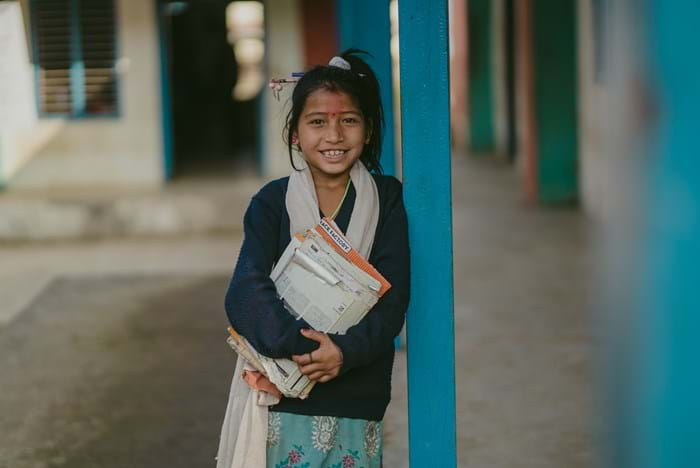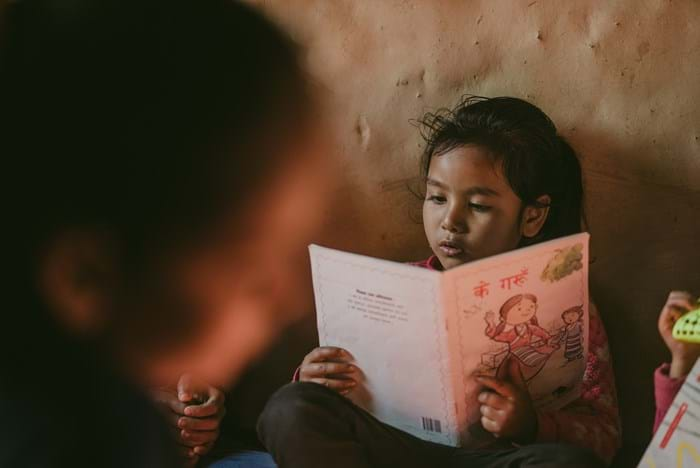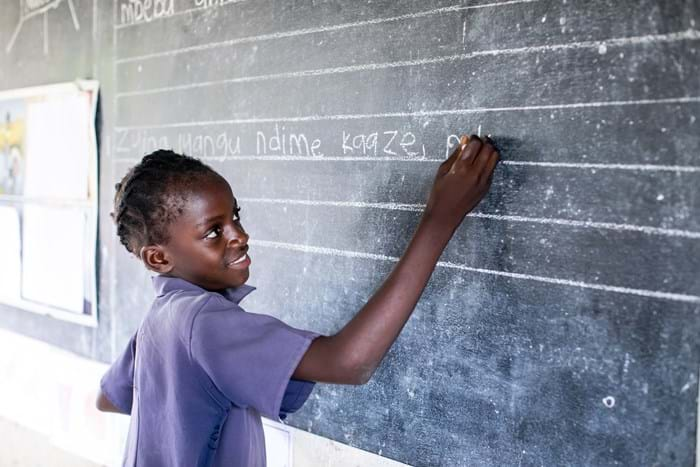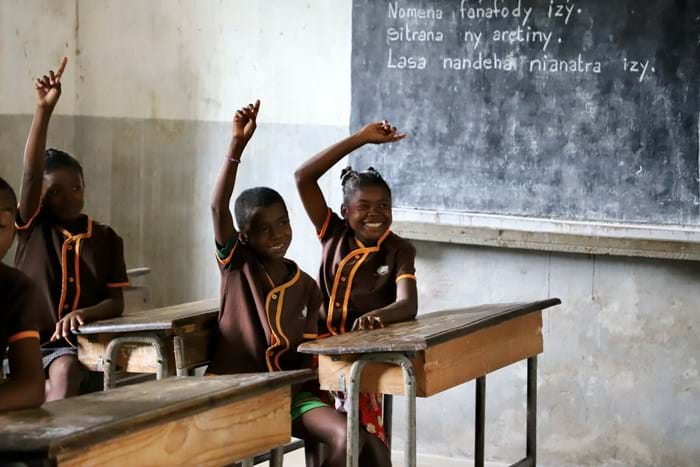- 00.0 %
of children were deprived from educational services due to Covid-19 in 2020
- 0,000
girls and boys aged 5-12 are directly reached
Where
Baglung, NepalFocus area
EducationDuration
2020 - 2024Economy
DKK 12 million
Background
Nepal is one of the poorest countries in Asia with a poverty level of 23 per cent and an education system that often fails to provide children with a quality basic education.
Achieving universal basic quality inclusive education is the main priority of the Nepalese government, with its key focus on enhancing access, equity, quality and management efficiency. Progress in school enrolment is impressive at the primary level where the net enrolment ratio achieved 97 % (Flash report, 2019, CEHRD). All school levels have also achieved gender parity with equal representation of male and female students. However, ensuring quality of education is still a big challenge for the country.
Despite progress, student retention in schools, especially at the secondary level of education is a persistent challenge. Dropout is one of the major challenges associated with reduced enrolment rates in each subsequent higher level of education. Almost 50 % of students leave the education system before completing schooling at the secondary level.
Baglung district is a mix of ethnic groups, castes, and religions. Poverty in Baglung is widespread at 23% and the Human Development Index is low at 0.4781.
Socio-cultural and political barriers that marginalized girls and boys face in basic level education and during the transition from childhood to adolescence contribute to their low educational access, retention and attainment.
The project
The primary goal of the project is for marginalized children to improve their learning outcomes and successfully transition from grad 5 to 6 in their school education.
Several outcomes will be achieved through project activities:
- Parents / caregivers support their children's learning
- Students have access to gender responsive and child-friendly teaching practices in a safer learning environment
- Education Service Providers and Duty Bearers implement inclusive, child-friendly and gender responsive policies



